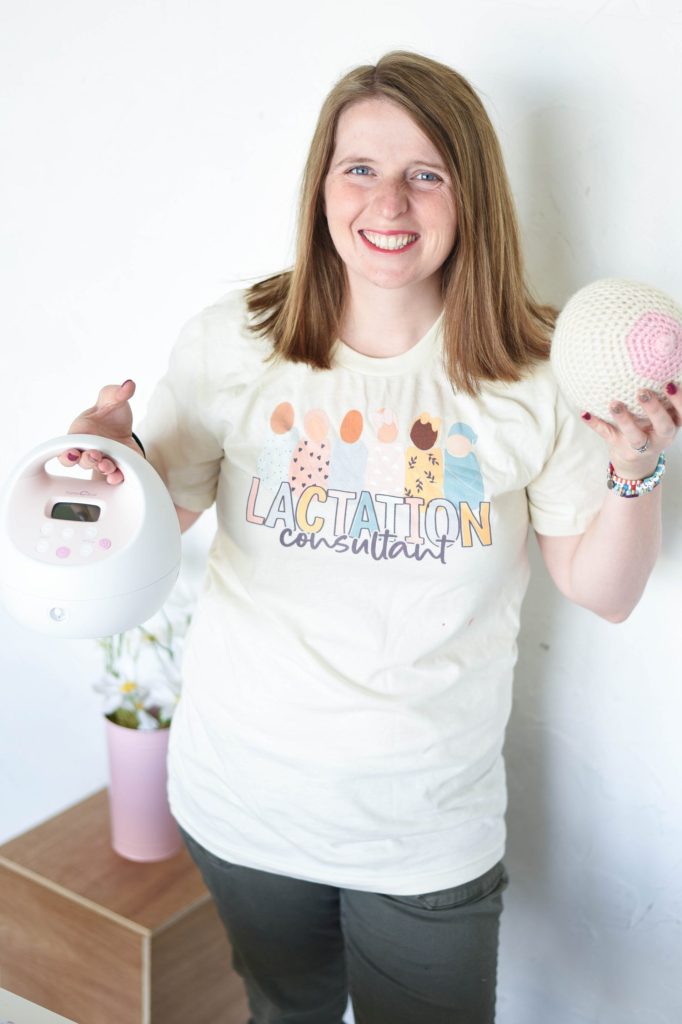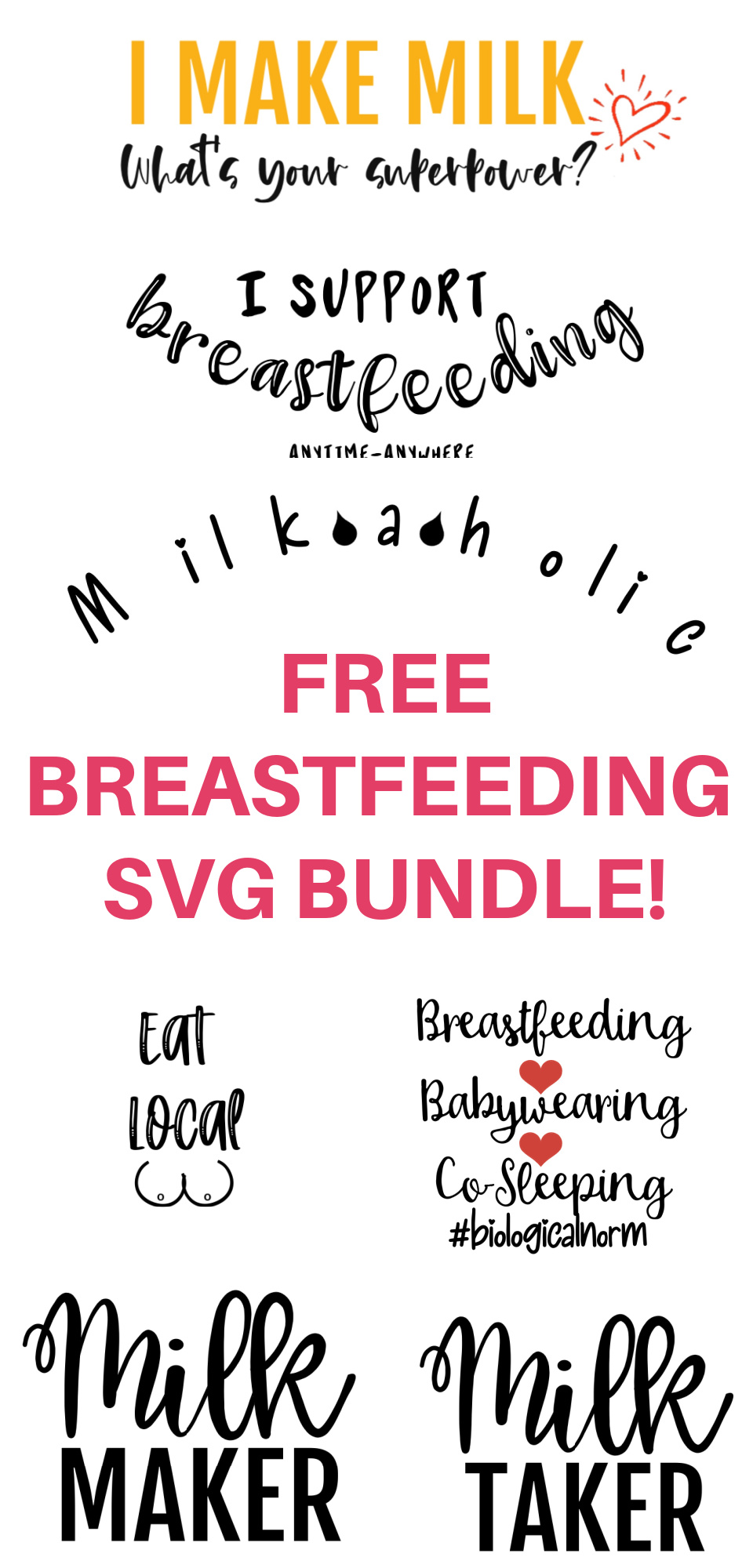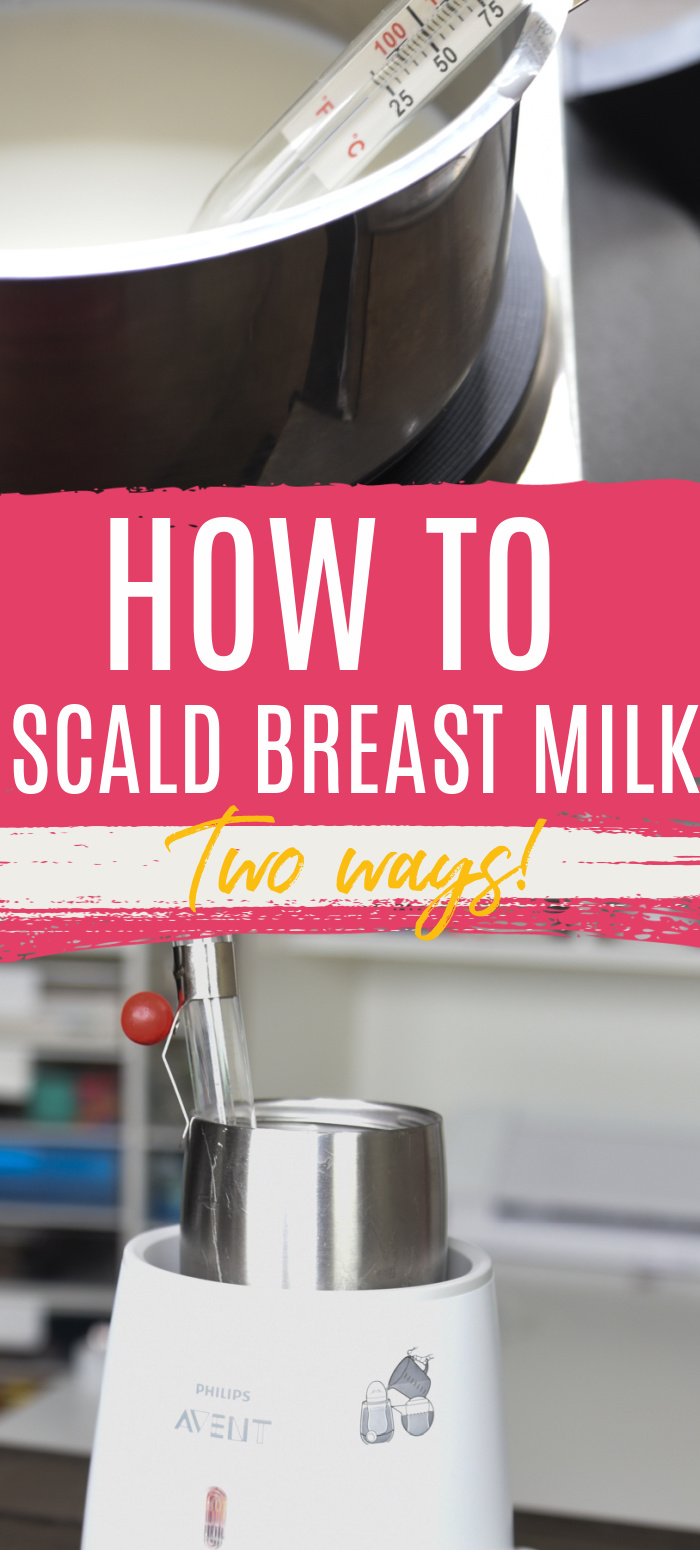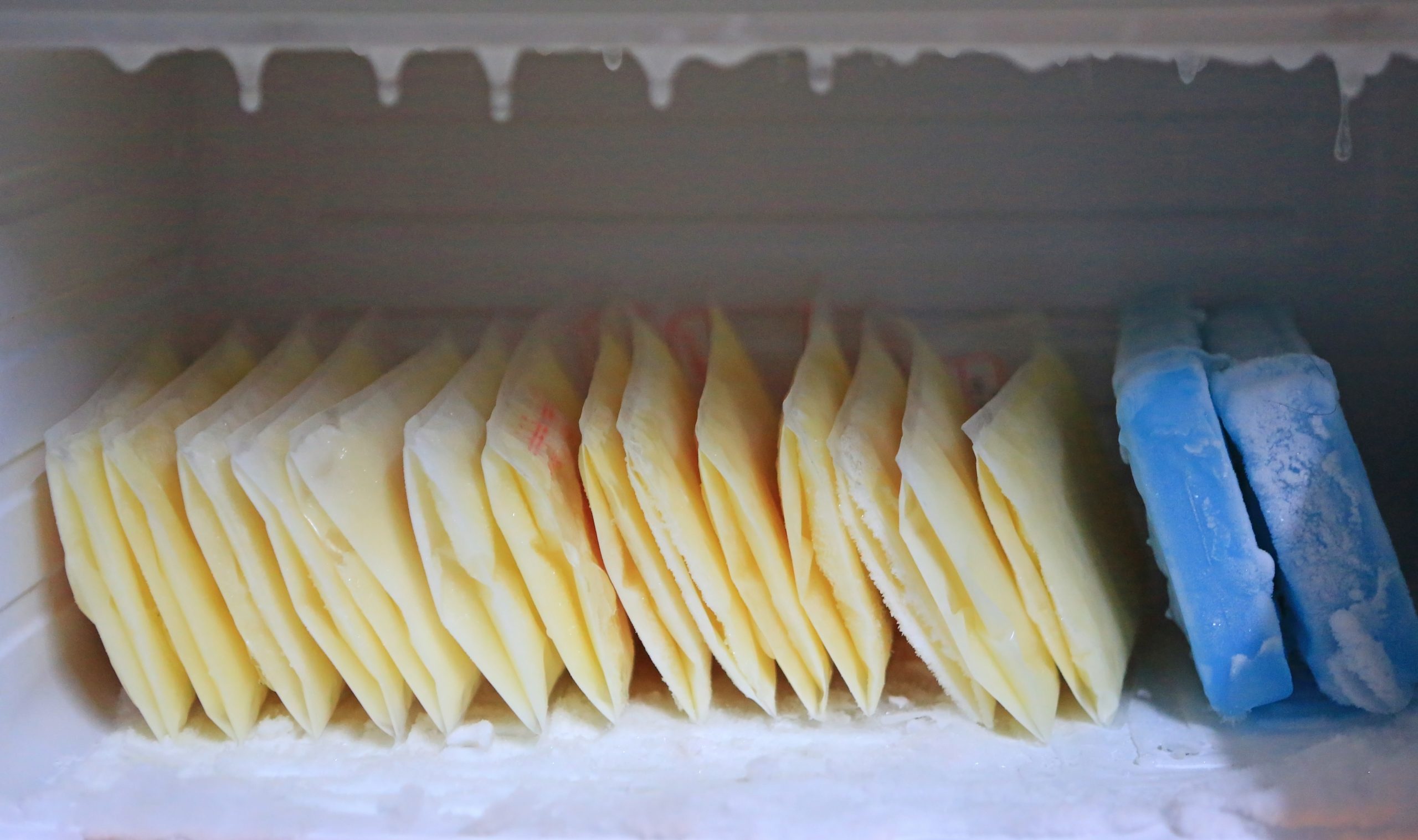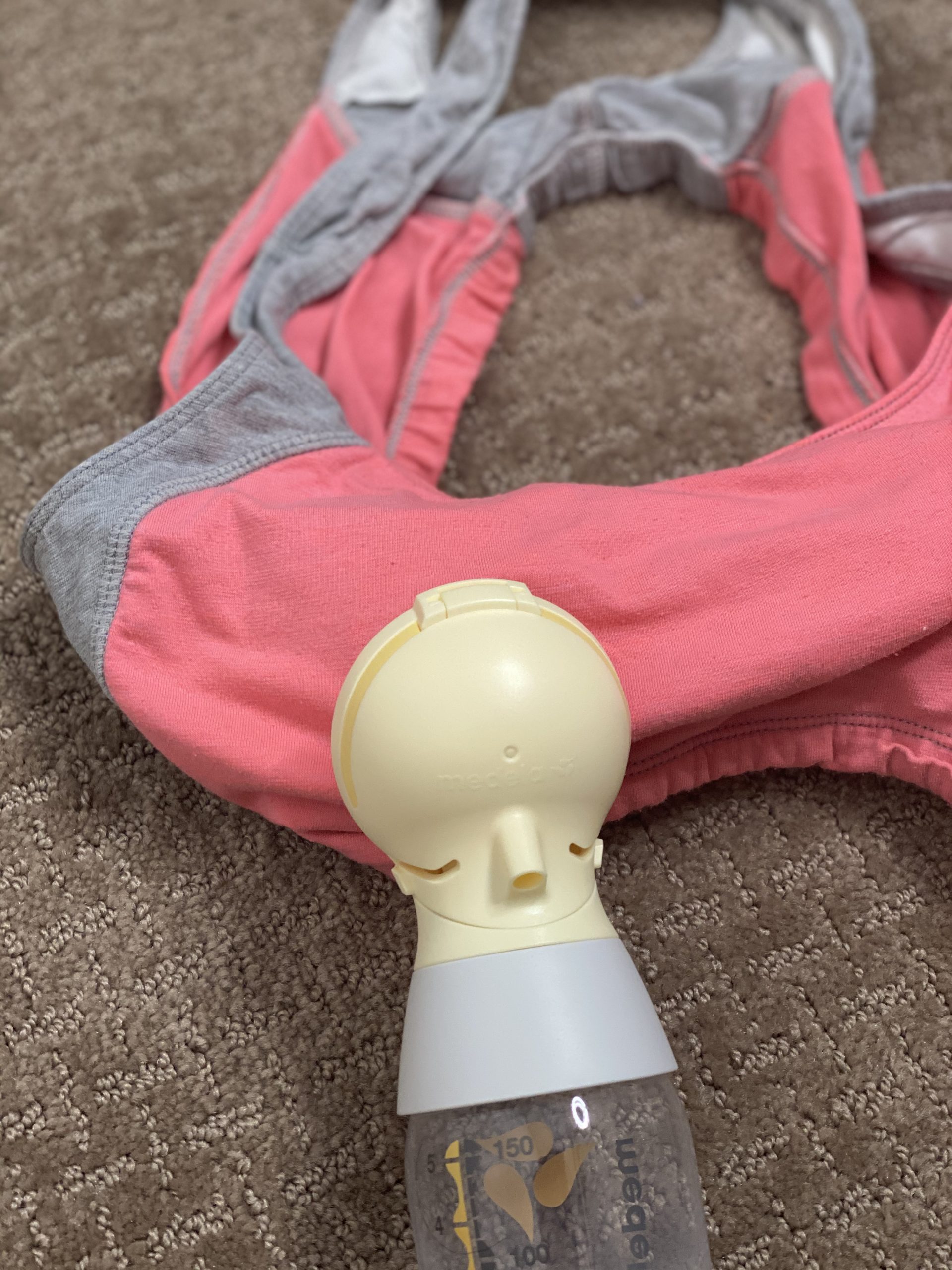Is your milk supply low – or is something else going on? Here are 10 common issues breastfeeding parents encounter that might make you think your milk supply low…when it really isn’t.

It’s easy to feel like your milk supply is low.
In fact, around 30% of women who wean early do so because of perceived low milk supply. While a portion of these women truly suffer from low milk supply – there’s a good portion who likely had an adequate supply but, for one reason or other, didn’t think they did.
Understanding what constitutes adequate milk supply is the first step in knowing whether your supply is sufficient or not. In our on demand breastfeeding class “The Complete Online Breastfeeding Class“, you will learn everything you need to know about starting your milk supply out on the right foot – and how to know if something is wrong. All from the comfort of your home.
There are a few different signs that your milk supply is low. However, it’s also very possible that your baby is getting enough milk – and their behavior is indicative of something else (including just being a baby).
If any of the signs mentioned below are combined with lack of sufficient weight gain, not enough diapers or ANY signs of dehydration or lethargy- low milk supply may be the culprit. You need to contact a medical professional immediately. There are sometimes other issues at play but it’s definitely worth looking at supply.
Is My Milk Supply Low or Is it Just My Baby?
Baby Suddenly nursing more
Babies don’t always eat the exact same amount of food at each meal – I mean, do you?! Sometimes a baby will start nursing more because they are hungrier at certain times of days, going through a growth spurt, or they simply just want to nurse.
Often, a baby nursing more is simply them telling your body to make more milk!
Baby wakes frequently at night
Night waking is very common for babies – regardless of what the sleep training manual of the week says 🙂 A baby waking at night does not mean they aren’t getting enough milk during the day. I’m always so surprised, when I mention that night waking is normal, how many moms message me to say, “I am so glad you told me that. I thought I was the only one who had a baby waking up at x amount of months”
No longer feeling letdown
The letdown sensation is a tricky one. Some women never feel it, others feel it rather intensely. If you once felt it and no longer do, it’s often more a sign that your milk supply has regulated. I find the letdown reflex settles with time.
Baby gulps a bottle down
It can feel alarming when your baby gulps a bottle down after you’ve just nursed them – it can certainly make you feel like your baby must not be getting enough to eat!
This is one of the trickiest thing a baby can do, and it does not mean they aren’t getting enough at the breast. This is more often due to the fact that a baby will suck when you put something in their mouth – and if the bottle isn’t being paced fed, they keep swallowing because the milk is coming out!
Frequent nursing
Breast milk is quickly digested. Some mothers have a lower storage capacity than others, which may mean more frequent feedings. It is very normal for a breastfed baby to want to nurse frequently – I can’t tell you how many moms I’ve talked to who say their baby nurses every 1.5-2 hours at six months!
Length of feedings decrease
As a baby grows, they tend to get more efficient at getting milk out and will take less time to eat. As long as they seem satisfied after a feed, a quick feed doesn’t mean a thing in most situations.
For me, I have a scale that I use at home for weighted feeds on occasion. Once I was curious how much my son was getting in five minutes – and it was neatly five ounces. Babies can eat quickly!
Breasts feel soft
As your supply regulates around around 6+ weeks, your breasts may not feel as full all the time. Engorgement is not a normal state of breastfeeding, so it’s actually not a good thing if your breasts feel firm and full all the time!
Fussy at the breast
There are many reasons why a baby might be fussy at the breast, including a slow letdown, ear infections, illness, bottle preference, or, simply being a baby. If this is a common problem, it might be worth while to work with an IBCLC to see if they have any advice for you.
Pumping small amounts
The amount of milk you pump is NOT a good indicator of your actual milk supply. A baby with a good latch can be more effective at getting milk out of the breast than a pump.
When you are pumping in addition to breastfeeding, typical output is about .25-2 ounces per session. When replacing a feed, 1-1.5 ounces per hour from the last time you pumped or nursed is expected.
Baby sucks on hands during feed
While sucking on their hands can be an early feeding cue, it’s also not uncommon at all for your baby just to suck on their hands!
Breasts stop leaking
The amount of leakage varies from woman to woman and often stops completely once your milk supply is regulated. I know some women who never leak a drop and have an amazing supply!

